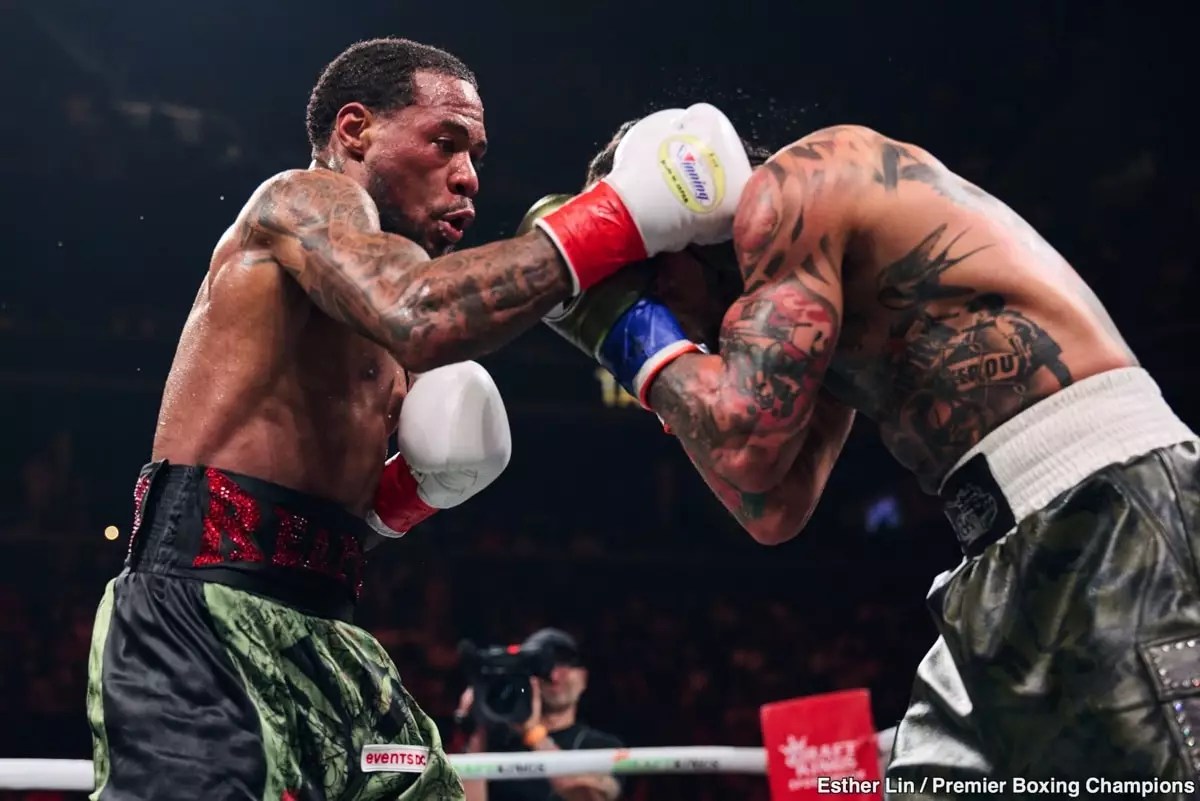The boxing ring often serves as a crucible for talent, pressure, and pride, but last Saturday’s match between Gervonta “Tank” Davis and Lamont Roach left a bitter taste for boxing enthusiasts and pundits alike. A dubious majority draw at the Barclays Center, a venue that has witnessed numerous iconic moments, turned into a spectacle of controversy, and the reverberations of its outcome are both alarming and enlightening. Shakur Stevenson didn’t just watch the fight; he immediately seized the moment to publicly deride Tank, revealing the ugly truth that loomed over the match: a narrative steeped in star protectionism.
The role of judges in combat sports can make or break a fighter’s career, but their decisions often raise eyebrows more than fists. The fact that judge scores reflected a draw for Davis, who many observers believed lost, points to an unsettling reality in boxing: the potential for favoritism can drastically shift the tide of public opinion and career trajectories. Furthermore, the apparent oversight by referee Steve Willis, who failed to acknowledge Roach’s knockdown of Davis in the ninth round, raises serious questions about officiating standards. Allowing a fighter to walk away unscathed from such an incident dilutes the essence of sportsmanship and integrity. The match ultimately presented an alarming lack of accountability: judges and referees failed to honor the spirit of competition.
In the wake of the match, Shakur Stevenson’s comments about Davis being “overconfident” render a critical perspective on Davis’s mindset. While the idea of self-belief is inherently positive in sports, it can rapidly devolve into reckless arrogance. For a fighter to perceive an opponent as weak undermines not just their preparation, but their very essence as a competitor. The echoes of Stevenson’s claims resonate deep within the boxing community: if a fighter underestimates their opponent, they risk losing far more than just a match; they gamble their legacy. Davis’s nonchalance in the face of Roach’s skills could serve as a wake-up call, instantly transforming him from a feared knockout artist to a perceived underdog.
While Stevenson expressed confidence in his perspective of the fight, it’s worth questioning whether his assessment truly reflects the wider implications for his own career. A bout with Davis, previously seen as a lucrative endeavor, now takes on a more complex backdrop. If Davis is on the decline, with potential losses looming against Jake Paul and possibly Roach, the allure of a fight against the rising Stevenson diminishes substantially. The real tragedy here is the failure to capitalize on this moment; a spiraling Davis devalues the star potential that previously attracted audiences. For Stevenson, celebrating the misfortunes of another might soon backfire, revealing a flawed understanding of the sport’s intricate dynamics.
Ultimately, the controversy surrounding Davis’s match with Roach exposes significant issues within the sport, from judging to fighter ethos, illuminating the fine line that champions walk between confidence and unwarranted arrogance. The fight was not simply a test of skill; it revealed a seismic shift that could redefine careers and challenge perceptions in the boxing landscape for years to come.


Leave a Reply